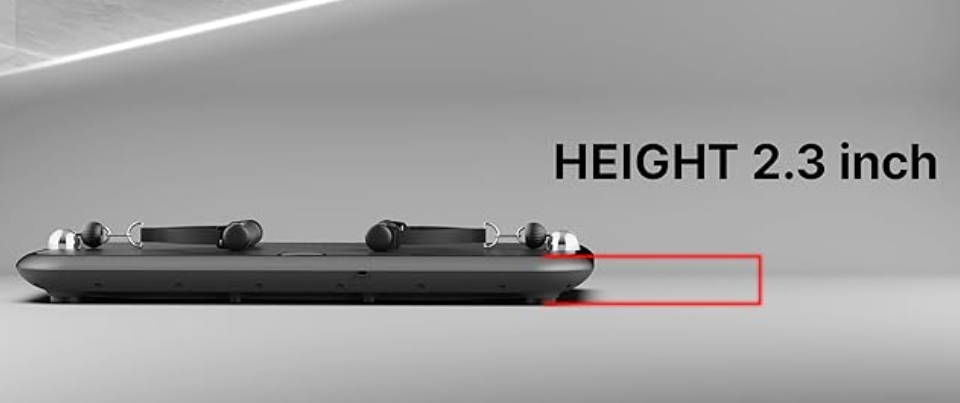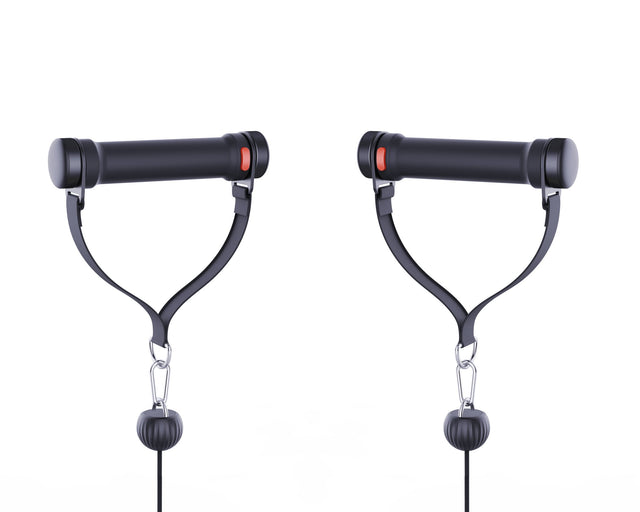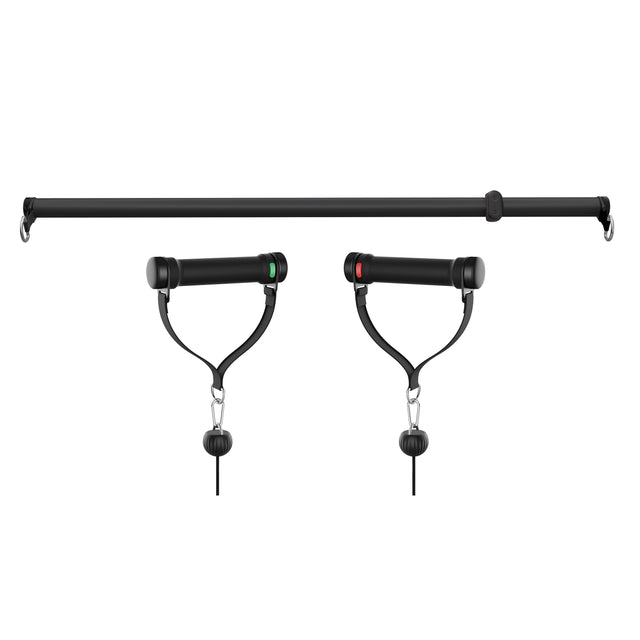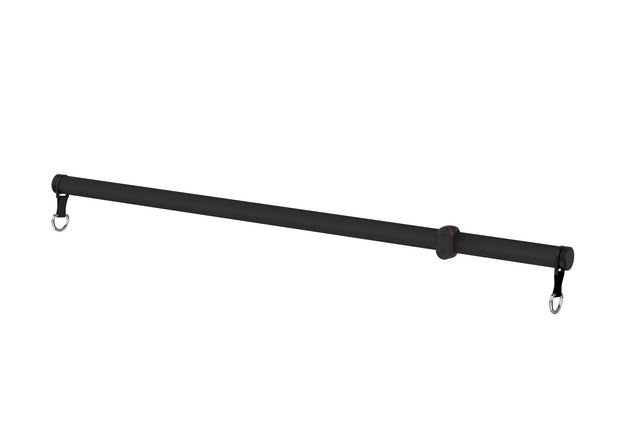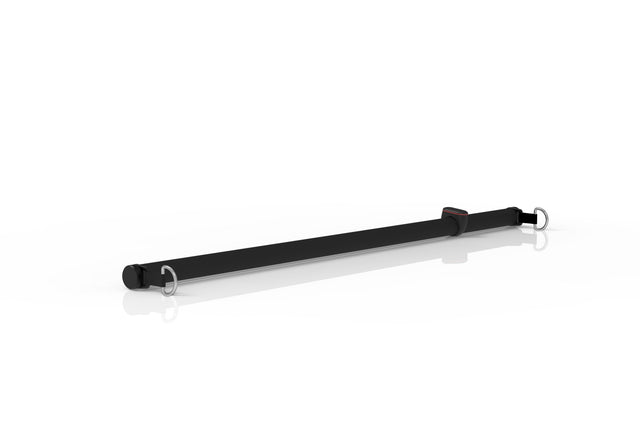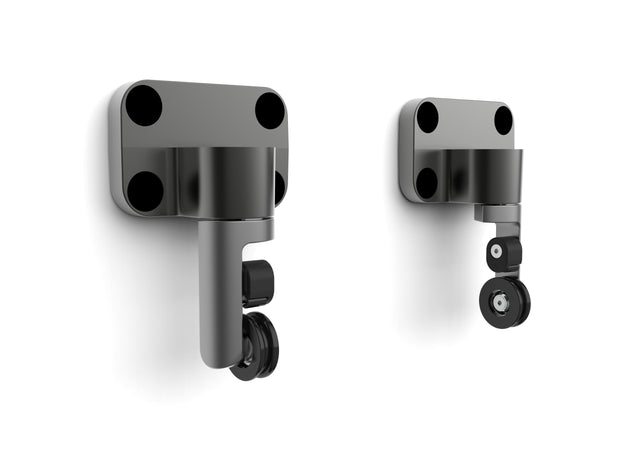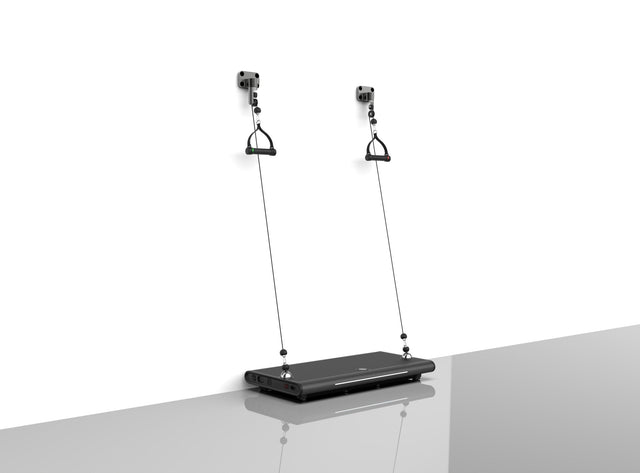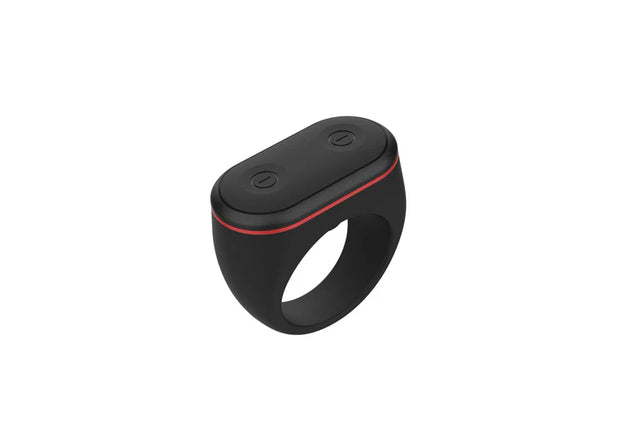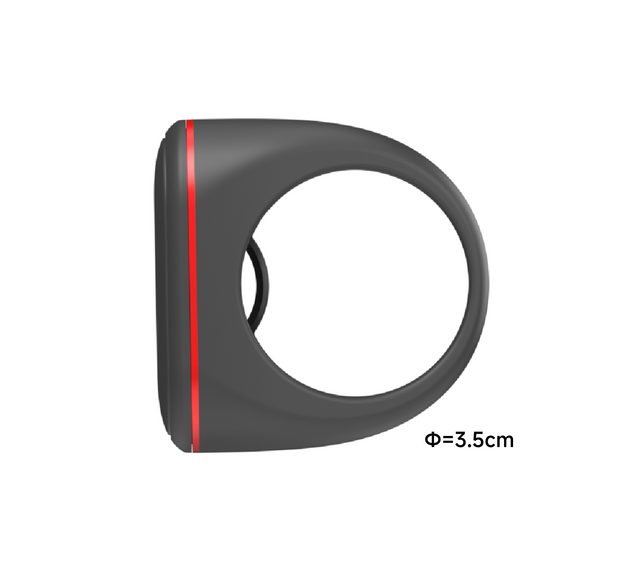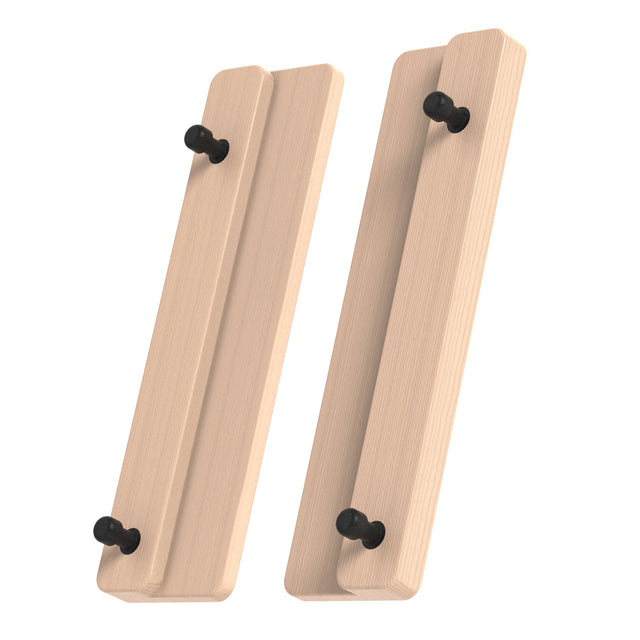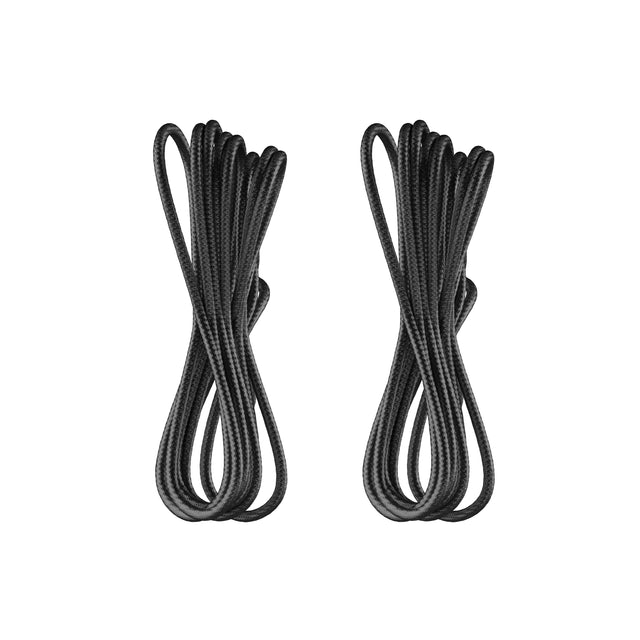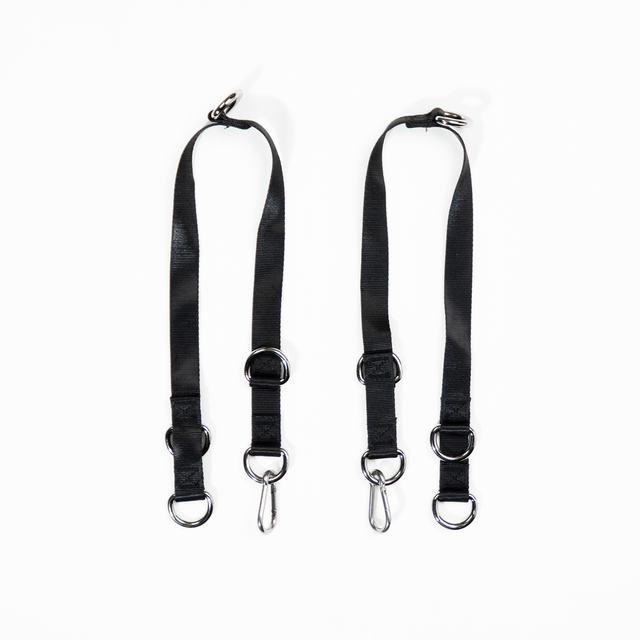Bulgarian split squats are a powerhouse exercise that can enhance your fitness routine by targeting lower body strength, balance, and muscle growth. Whether you are a beginner or an advanced athlete, incorporating Bulgarian split squats into your workout regimen can yield numerous benefits. In this comprehensive guide, we'll explore the best variations, benefits, techniques, and tips for performing Bulgarian split squats effectively.
What is a Bulgarian Split Squat?
A Bulgarian split squat is a single-leg squat variation where one leg is elevated on a bench or a step behind you, and you perform a squat with the other leg. This exercise emphasizes unilateral leg strength, balance, and stability.
Benefits of Bulgarian Split Squats
1. Strength and Muscle Growth
Bulgarian split squats are excellent for building strength and muscle in the quadriceps, hamstrings, and glutes. The unilateral nature of the exercise ensures that each leg works independently, reducing muscle imbalances.
2. Improving Balance and Stability
Performing Bulgarian split squats challenges your balance and stability, which can improve overall coordination and athletic performance.
3. Glute Activation
This exercise is particularly effective for glute activation. By positioning your torso correctly and engaging your core, you can maximize the activation of your glutes.
4. Joint Health
Compared to regular squats, Bulgarian split squats can be easier on the knees due to the reduced load on the joints. This makes them a great option for individuals with knee issues.
5. Athletic Performance
Athletes, especially runners, can benefit from the enhanced leg strength and stability that Bulgarian split squats provide. This exercise can improve running efficiency and reduce the risk of injury.
How to Perform a Bulgarian Split Squat Correctly
Step-by-Step Guide
- Setup: Stand a few feet in front of a bench or step. Place the top of your rear foot on the bench behind you.
- Position: Keep your front foot flat on the ground and your torso upright.
- Movement: Lower your body by bending the front knee until the thigh is parallel to the ground. Ensure your knee does not extend beyond your toes.
- Return: Push through the heel of your front foot to return to the starting position.
Common Mistakes and How to Fix Them
- Leaning Forward: Keep your torso upright to avoid placing unnecessary stress on your lower back.
- Knee Alignment: Ensure your knee tracks over your toes to prevent knee injuries.
- Uneven Weight Distribution: Balance the weight between both legs, with a slight emphasis on the front leg.
Bulgarian Split Squat Variations
1. With Dumbbells
Holding dumbbells in each hand can increase the resistance and challenge your grip strength.
2. With Barbell
Performing the exercise with a barbell on your shoulders can further enhance strength development.
3. Bodyweight
For beginners or those without equipment, bodyweight Bulgarian split squats are still highly effective.
4. For Improving Balance
Incorporate a stability ball or Bosu ball to further challenge your balance and core stability.
5. Advanced Techniques
Add pulses or pause at the bottom of the squat to increase time under tension and muscle activation.
Comparing Bulgarian Split Squats and Regular Squats
Muscle Growth
Both exercises are effective for muscle growth, but Bulgarian split squats offer a more isolated and intense workout for each leg.
Joint Health
Bulgarian split squats tend to be easier on the knees due to the reduced load compared to regular squats.
Athletic Performance
Combining both exercises in your routine can enhance overall leg strength and athletic performance.
Bulgarian Split Squats for Beginners
Getting Started
Begin with bodyweight Bulgarian split squats to master the form and build foundational strength.
Tips for Beginners
- Start Slow: Focus on mastering the technique before adding weights.
- Use Support: Hold onto a wall or chair for balance if needed.
Beginner-Friendly Workout Routine
- Warm-Up: 5-10 minutes of light cardio and dynamic stretching.
- Exercise: 3 sets of 10-12 reps per leg, starting with bodyweight and gradually adding resistance.
Common Beginner Mistakes and How to Avoid Them
- Rushing the Movement: Perform the exercise slowly and controlled to ensure proper form.
- Inadequate Warm-Up: Always warm up to prepare your muscles and joints for the workout.
Advanced Bulgarian Split Squat Techniques
For those looking to take their Bulgarian split squats to the next level, consider these advanced techniques:
- Weighted Variations: Use heavier weights, such as barbells or kettlebells, to increase resistance.
- Explosive Movements: Incorporate jump variations to enhance power and explosiveness.
- Tempo Training: Slow down the eccentric (lowering) phase of the squat to increase muscle tension and growth.
Health Benefits of Bulgarian Split Squats
Regularly performing Bulgarian split squats can contribute to overall health by:
- Enhancing Functional Strength: Improves your ability to perform daily activities with ease.
- Reducing Injury Risk: Strengthens stabilizing muscles and improves joint stability.
- Boosting Metabolism: Builds muscle mass, which can increase your metabolic rate.
Conclusion
Bulgarian split squats are a versatile and effective exercise for individuals of all fitness levels. Whether you are looking to build strength, improve balance, or enhance athletic performance, incorporating Bulgarian split squats into your workout routine can offer significant benefits. Remember to start with proper form, gradually increase resistance, and explore different variations to keep your workouts challenging and engaging.
類似の記事を検索する:
Advanced Bulgarian Split Squat Techniques Athletic Performance Beginner-Friendly Workout Routine Benefits of Bulgarian Split Squats bulgarian split squat variations Bulgarian Split Squats for Beginners Common Beginner Mistakes and How to Avoid Them Common Mistakes and How to Fix Them Comparing Bulgarian Split Squats and Regular Squats Enhancing Functional Strength: Glute Activation Health Benefits of Bulgarian Split Squats How to Perform a Bulgarian Split Squat Correctly Improving Balance and Stability Joint Health Strength and Muscle Growth Tempo Training What is a Bulgarian Split Squatその他のストーリー


